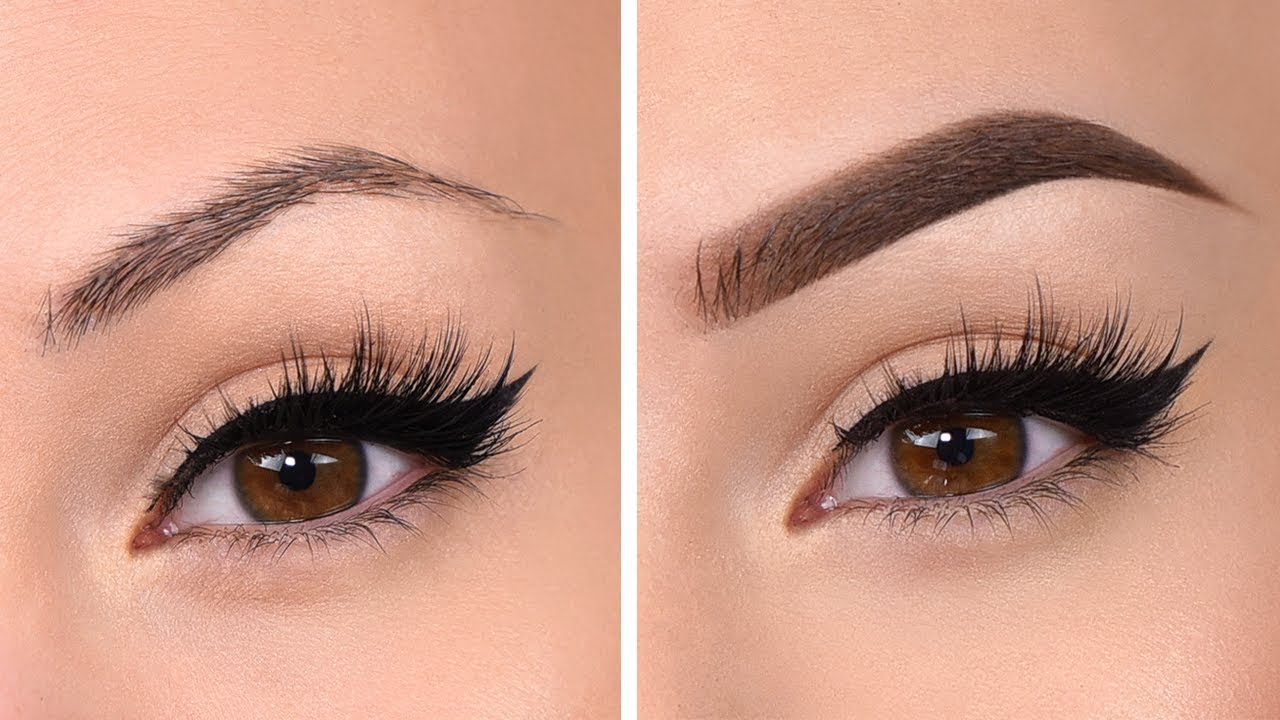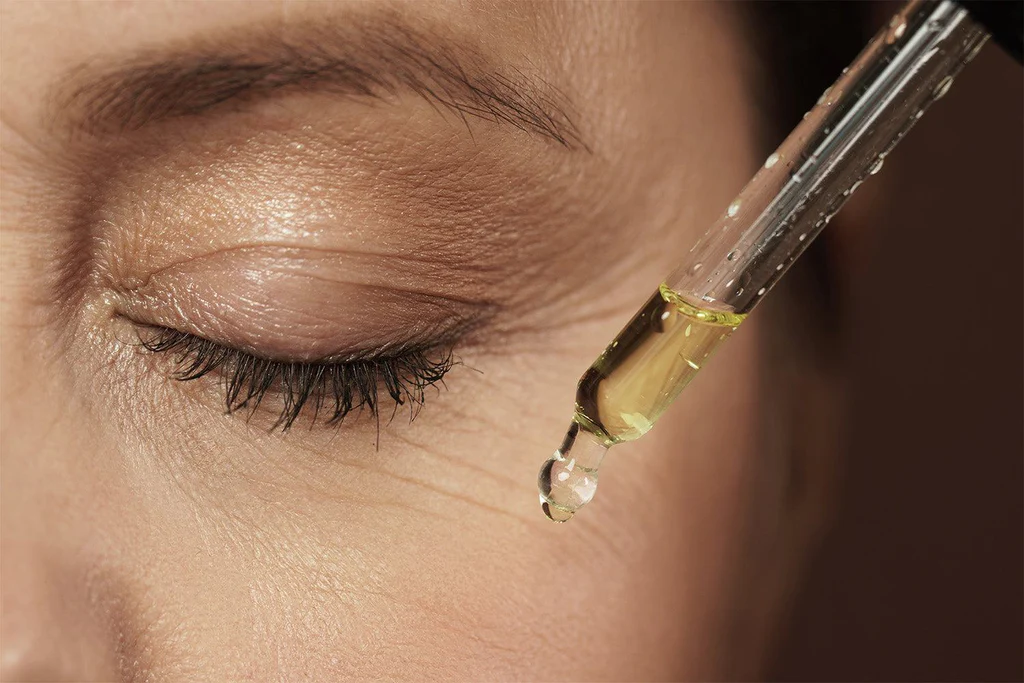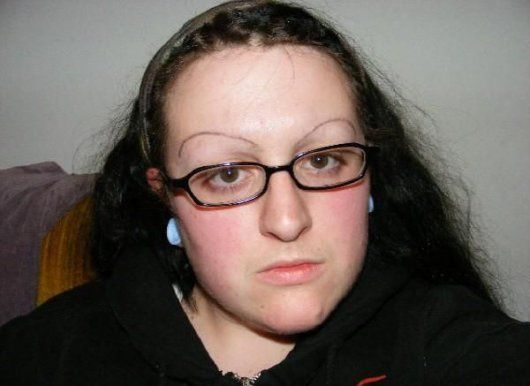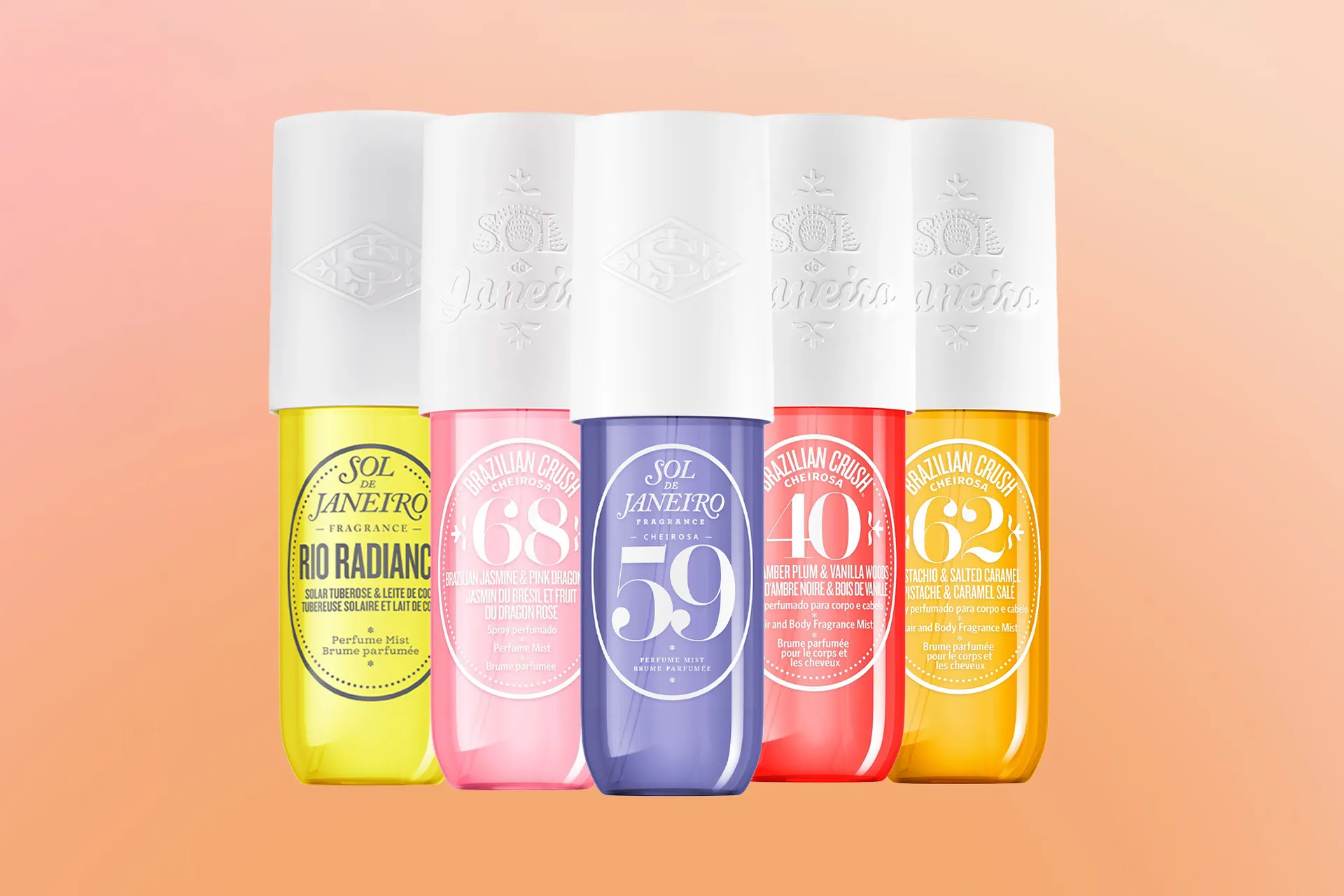Sephora, the popular beauty retailer, has been facing a lot of controversy lately due to the increasing number of young customers, especially those from Generation Alpha (born in 2010 and later), who shop at their stores and online platforms. Many people have expressed their concerns and criticisms about the trend of “Sephora kids”, who are obsessed with expensive and elaborate skincare and beauty products, some of which are not suitable for their age or skin type. Some have even called for Sephora to implement an age policy that would prevent kids from entering the store or buying certain products without adult supervision. But is Sephora really planning to add age restrictions? And what are the implications of such a policy for the beauty industry and the young consumers?
What is the “Sephora kids” trend?
The term “Sephora kids” refers to the children and tweens who shop at Sephora, sometimes posting videos of their hauls and skin-care routines online, much like the influencers they may follow. The trend is thought to have been at least partially influenced by Kim Kardashian’s daughter, North West, who posted a video in 2022 of her morning routine, which included a sheet mask, lip mask and toner. She was nine at the time. Kourtney Kardashian’s daughter, Penelope, also shared a video of her skin-care routine, which went viral again in November when a dermatologist reposted it with her own criticisms.
According to global analytics firm Circana, Canadian beauty industry sales rose 18 per cent in 2023, and the firm predicts an overall increase will continue this year (especially for higher-end products). The firm also notes a particular cohort that will likely drive growth for “years to come”: Generation Alpha. “Prestige beauty products, and specifically skincare, topped the holiday lists of many young consumers in 2023 and their enthusiasm should continue into 2024 and beyond,” Larissa Jensen, Circana’s senior vice-president, noted in the firm’s 2024 beauty industry outlook.
Drunk Elephant, one of the brands carried by Sephora, has proven so popular with Gen Alpha that founder Tiffany Masterson posted a response to the trend on Instagram in December, stating that her products are “safe and effective for all ages” and that she “loves seeing young people taking an interest in their skin health”.
Why are people concerned about the “Sephora kids” trend?
While some people find the trend cute and harmless, others have raised various issues and objections to the phenomenon of kids shopping at Sephora. Some of the common arguments are:
- Some of the products are not meant for pediatric skin and could cause irritation, sensitivity, or damage. For example, Arizona-based dermatologist Dr. Brooke Jeffy criticized the use of anti-aging products from Drunk Elephant by 11-year-old Penelope Kardashian, saying, “I just died a little. Why does this adorable 11-year-old need makeup, and the skincare routine which is more complicated than mine“. She also warned that some of the ingredients, such as glycolic acid and retinol, are too harsh for young skin and could lead to inflammation, dryness, or breakouts.
- The trend reflects a pressure on young girls to conform to unrealistic beauty standards and to grow up too fast. Some people have argued that kids should not be worried about wrinkles, saggy skin, or pores, and that they should enjoy their childhood without being influenced by the media or the celebrities. As one Reddit commenter put it, “I really hope this dies out soon. We are all only young once and to spend one’s first decade worried about essentially unimportant things like wrinkles and saggy skin. They should be living and having fun“.
- The trend encourages consumerism and materialism among kids, who may not understand the value of money or the environmental impact of their purchases. Some people have pointed out that the products are expensive and unnecessary, and that kids should learn to save or spend their money wisely. Others have highlighted the waste and pollution generated by the beauty industry, and the need to reduce the consumption of plastic and packaging. As one TikTok user said, “Kids at Sephora are spending $200 on skincare when they could be saving for college or donating to charity“.
- The trend creates a nuisance and a mess in the stores, where kids may behave badly, disrespect the staff, or ruin the tester products. Some people have complained that kids are loud, rude, or annoying in the stores, and that they interfere with the shopping experience of other customers. Others have shared photos or videos of the damaged or dirty tester products and blamed the kids for not following the hygiene rules or the etiquette. As one Instagram user said, “Sephora, you are going to have to implement a policy and have someone at the door and if you’re under a certain age, you cannot come in there alone and need to have an adult in there with you supervising you the whole time“.
Is Sephora adding age restrictions?
Sephora has not officially announced any plans to add age restrictions to its stores or online platforms. However, some people have speculated that the company may consider such a policy in the future, given the backlash and the complaints from some customers and employees. Some have suggested that Sephora could follow the example of other retailers, such as Lush or Claire’s, that have implemented age limits or parental consent requirements for certain products or services. For instance, Lush requires customers to be 18 or older to buy bath bombs that contain glitter, and Claire’s requires customers under 18 to have a parent or guardian present to get their ears pierced.
However, adding age restrictions may not be an easy or effective solution for Sephora, as it could face several challenges and drawbacks, such as:
- Losing a significant and loyal customer base, who may switch to other brands or retailers that are more welcoming and inclusive of young consumers. Sephora may also miss out on the opportunity to build long-term relationships with Gen Alpha, who are expected to have a huge buying power and influence in the future.
- Alienating or offending some parents, who may feel that their authority or choice is undermined or questioned by the store. Some parents may support or encourage their kids’ interest in beauty and skin-care and may not appreciate being told what they can or cannot buy for their children.
- Enforcing or monitoring the policy, which may be difficult or impractical, especially in busy or crowded stores. Sephora may have to hire more staff, train them on how to check IDs or verify ages, and deal with potential conflicts or complaints from customers who may not agree or comply with the policy.
What are some alternatives or recommendations for Sephora and its customers?
Instead of adding age restrictions, Sephora could adopt other strategies or measures to address the issues and concerns raised by the “Sephora kids” trend, such as:
- Educating and informing the customers, especially the young ones, about the proper use and suitability of the products, the ingredients and their effects, and the best practices for skin-care and hygiene. Sephora could also provide more guidance and advice on how to choose the right products for different skin types, ages, and needs, and how to avoid potential risks or harms.
- Creating or promoting more products that are specifically designed or tailored for kids or tweens, that are safe, gentle, natural, and fun. Sephora could also collaborate with influencers or celebrities that appeal to Gen Alpha, and create content or campaigns that are relevant and engaging for them.
- Encouraging or rewarding responsible and sustainable consumption, by offering discounts, incentives, or rewards for customers who buy less, reuse, recycle, or donate their products or packaging. Sephora could also support or partner with environmental or social causes that resonate with Gen Alpha, and show them how their purchases can make a positive difference in the world.
- Improving or enhancing the store environment and the customer service, by making the stores more kid-friendly, comfortable, and inviting, and by training the staff to be more patient, respectful, and helpful to the young customers. Sephora could also provide more activities, events, or workshops that are fun and educational for kids and their parents, and that foster a sense of community and belonging among the customers.
As for the customers, especially the parents and the kids, they could also take some steps or actions to make the most of their Sephora experience, such as:
- Doing some research or consultation before buying or using any products, to make sure that they are suitable, safe, and effective for their skin type, age, and condition. They could also read the labels, reviews, or instructions carefully, and follow the directions or recommendations of the experts or the staff.
- Being mindful and respectful of the store rules and the other customers, by keeping the noise level down, cleaning up after themselves, and not touching or damaging the tester products or the displays. They could also ask for permission or assistance from the staff or the parents before trying or buying any products.
- Balancing or moderating their consumption and spending, by setting a budget, a limit, or a goal for their purchases, and by prioritizing quality over quantity. They could also reuse, recycle, or donate their products or packaging, and avoid buying or using products that contain harmful or wasteful ingredients or materials.
- Enjoying and appreciating their beauty and skin-care routines, by having fun, experimenting, and expressing themselves, but also by being confident, comfortable, and happy with their natural appearance and their unique features. They could also support or complement each other and celebrate their diversity and individuality.
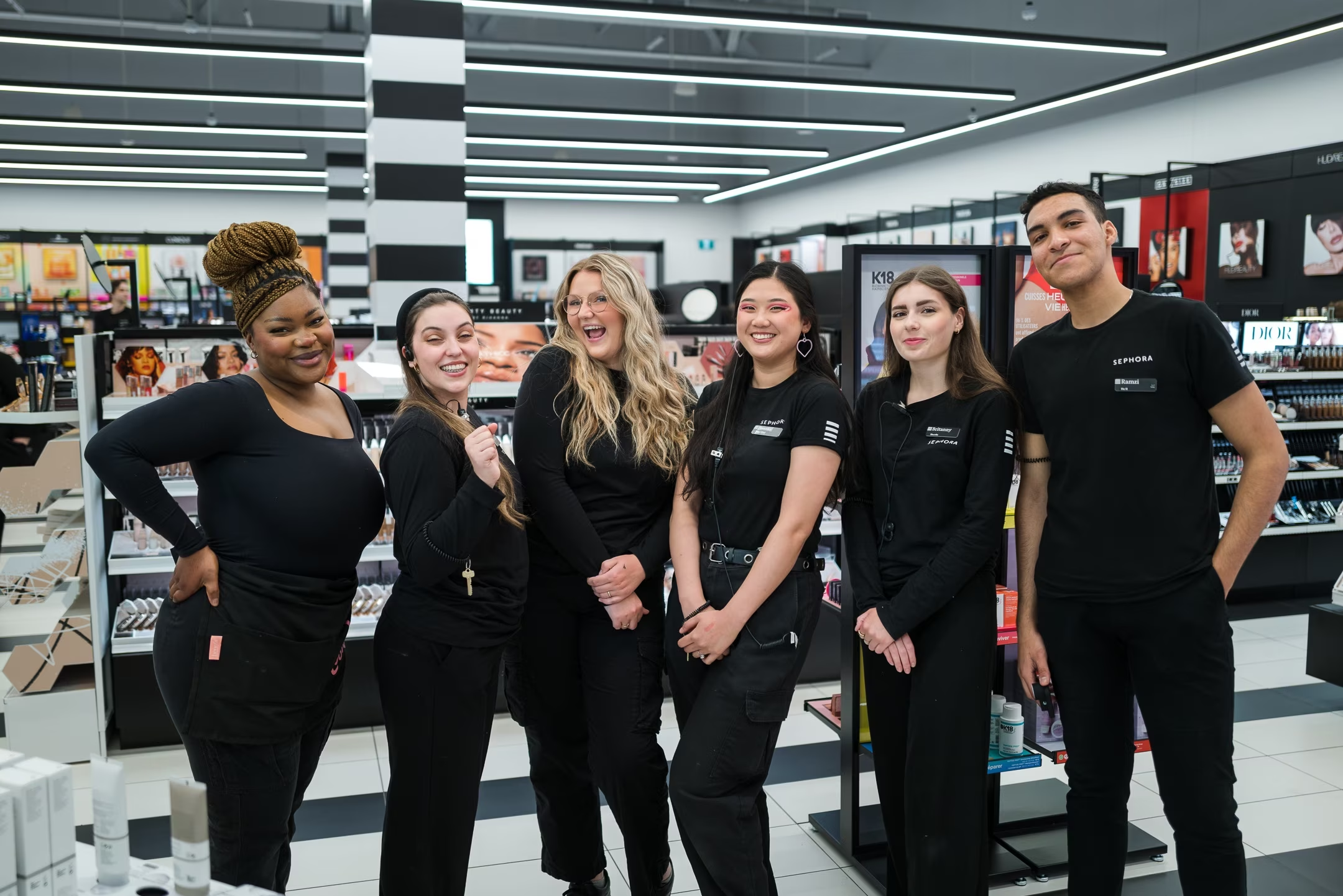
 By
Your Beauty Plug
By
Your Beauty Plug

